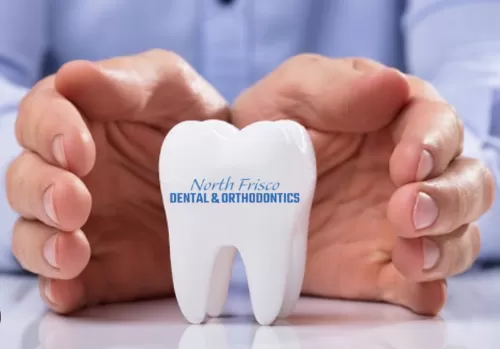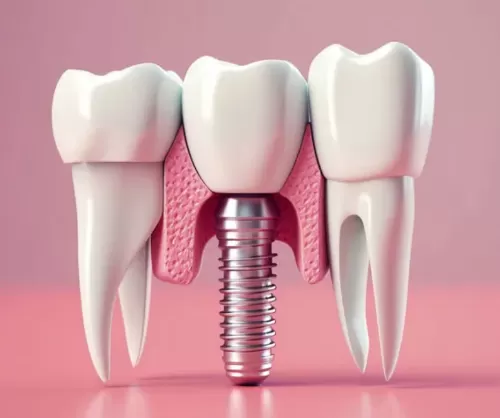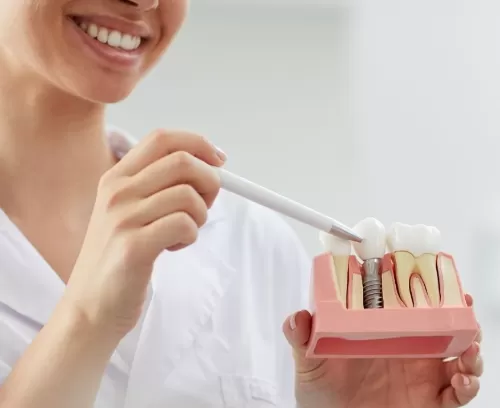
Related searches

Let’s dive into what dental insurance is, how it works, and why it’s an important part of your healthcare plan.
What is Dental Insurance?
Dental insurance is a type of health insurance designed to cover various dental services. Like medical insurance, you pay a premium, and in exchange, the insurance helps pay for certain dental procedures and treatments. Dental insurance plans usually cover a range of services, from routine cleanings to more complex treatments like root canals or dentures.
Types of Dental Insurance Plans
There are several types of dental insurance plans, each offering different coverage options:
Preferred Provider Organization (PPO) Plans: These plans allow you to visit any dentist, but you get a discount if you choose a dentist within the insurance company’s network.
Dental Health Maintenance Organization (DHMO) Plans: You must choose a primary dentist from the plan’s network, and that dentist will coordinate all of your dental care. These plans often have lower premiums but more restrictions on which dentists you can see.
Discount Dental Plans: These are not insurance but provide discounts on services from participating dentists. You pay the dentist directly, but at a lower rate than you would without the plan.
Indemnity Plans: These plans offer the most freedom to choose your dentist and pay a percentage of your dental care costs. However, they typically have higher premiums and out-of-pocket costs.
What Does Dental Insurance Cover?
Dental insurance plans usually categorize treatments into three main categories, each with different coverage levels:
Preventive Care: This includes regular check-ups, cleanings, X-rays, and fluoride treatments. Most dental insurance plans cover 100% of preventive care to encourage routine visits and help prevent more serious dental issues.
Basic Care: This includes procedures like fillings, extractions, and root canals. Dental insurance often covers a significant portion of these costs, typically 70-80%.
Major Care: This includes more complex procedures like crowns, bridges, and dentures. Coverage for major care is usually lower, with insurance companies covering about 50% of the costs.
Why You Need Dental Insurance
Dental problems can be expensive. A routine filling can cost anywhere from $100 to $300, while more extensive work like a crown can exceed $1,000. Without insurance, these costs can add up quickly. By having dental insurance, you can:
Lower Out-of-Pocket Costs: Insurance reduces the cost of expensive dental treatments and helps you avoid paying the full amount out-of-pocket.
Encourage Preventive Care: Regular check-ups and cleanings are covered, which can help catch problems early before they become more serious.
Plan for the Unexpected: Accidents or sudden dental issues can happen at any time. Dental insurance provides a safety net, helping to cover these unplanned expenses.
How to Choose the Right Dental Insurance
When choosing a dental insurance plan, consider the following:
Network: Ensure your preferred dentist is part of the plan’s network or that you have the flexibility to choose any dentist.
Coverage Limits: Check the plan’s annual maximum limit, which is the most your insurance will pay in a year. Many plans have limits between $1,000 and $2,000.
Waiting Periods: Some plans have waiting periods before they cover certain procedures. Make sure the plan aligns with your immediate and long-term dental needs.
Cost: Compare premiums, deductibles, and co-pays to ensure the plan fits your budget.
Dental insurance is an invaluable tool for maintaining good oral health and managing the cost of dental care. Whether you’re looking for routine preventive care or need coverage for major dental procedures, there’s a plan out there to meet your needs. By choosing the right plan, you can save money, maintain your dental health, and avoid unexpected expenses.








